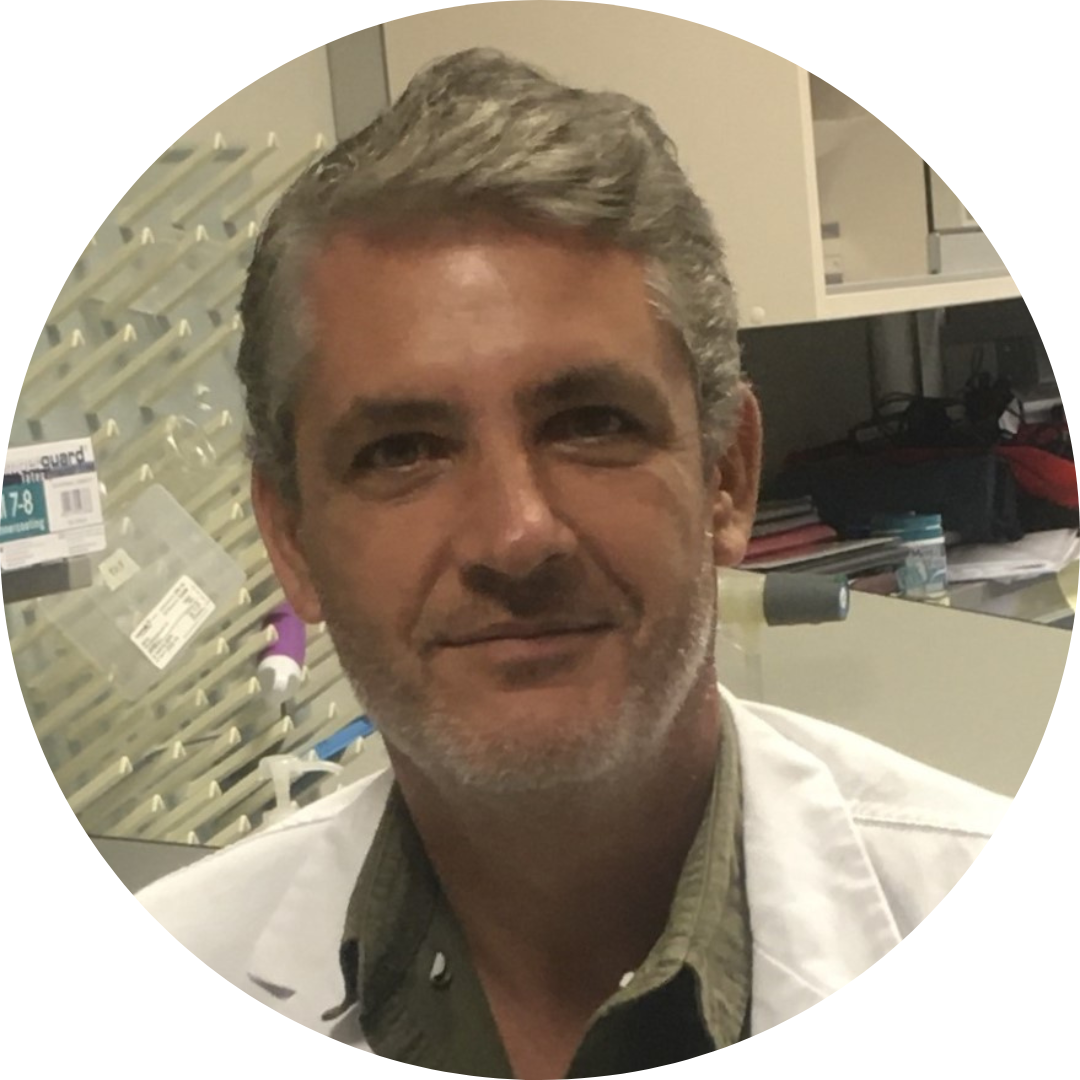
Let’s get ready to reconnect in Torino, Italy! We’re on a mission to change the way the world sees the genome with genome mapping systems, nucleic acid purification solutions, analysis software, and clinical testing services. Come explore the genomic variation continuum, from SNVs to whole chromosomes, through our solutions. Together, we can reveal more variation that matters in cancer research.
Learn
This year’s EACR conference offers multiple opportunities to hear how optical genome mapping (OGM) from Bionano is uncovering cancer genomic variation that other methods can’t. Come and learn how we’re impacting oncology research.
Sponsored Session
Industry Symposium
Cancer cytogenomics and beyond: diverse OGM applications including gene editing
-
Wednesday, 14 June 2023
-
8:30 – 9:15 AM
-
Azzura Room
After a presentation showcasing the capabilities of optical genome mapping (OGM) in oncology and cell therapy, the upcoming session will feature two invited speakers who will demonstrate the utility of OGM in the field of cancer research.
Dr. Juan Díaz-Martín, PhD (IBiS, Spain) will present a study where OGM was used to comprehensively characterize SVs and detect alterations associated with clinical features on undifferentiated small round cell sarcomas, including Ewing sarcoma (ES) and related entities. These highly aggressive neoplasms primarily affect children and adolescents, and patients who experience relapse have a poor survival rate. Consequently, there is a need for prognostic markers to identify individuals at risk. Recent reports, along with previous studies, have indicated that genomic structural variants (SVs) such as chromoplexy/chromothripsis, copy number alterations, and aneuploidy significantly impact disease outcomes. Aim of this study is to validate OGM as a molecular ancillary test for mesenchymal malignancies, including ES.
Dr. Marc-Henri Stern, MD, PhD (Institut Curie, France) will present a study on triple-negative breast cancer (TNBC) where OGM was used to detect translocations and structural variations (SVs) missed by WGS. Additionally, OGM identified structural variations (SVs) in low-tumor-content samples that remained undetected by WGS. These findings suggest that OGM enables the characterization and stratification of Homologous Recombination Deficiency (HRD) in breast tumor samples.

Juan Díaz-Martín, PhD
Institute of Biomedicine of Seville (IBiS), Virgen del Rocio University Hospital /CSIC/University of Seville/CIBERONC

Marc-Henri Stern, MD, PhD
Institut Curie, Paris
Don’t miss the latest research at the Poster Sessions!
Poster SessionsConnect
If you’re curious about OGM and wondering how it connects to your work, stop by and talk to one of our dedicated team members. We can’t wait to share our enthusiasm for technology that is moving clinical research forward in remarkable ways.
Poster Sessions
See the latest research on our solutions at the poster session.
-
Tuesday, 13 June, 2023 | 11:00-11:35 AM
-
Wednesday, 14 June, 2023 | 11:00-11:35 AM
| POSTER | TITLE | LEAD AUTHOR |
|---|---|---|
| EACR23-0645 | Identification of new drug resistance mechanisms in pancreatic ductal adenocarcinoma |
T.Vorberg
German Cancer Research Center & Heidelberg Institute for Stem Cell Technology and Experimental Medicine (Germany) |


